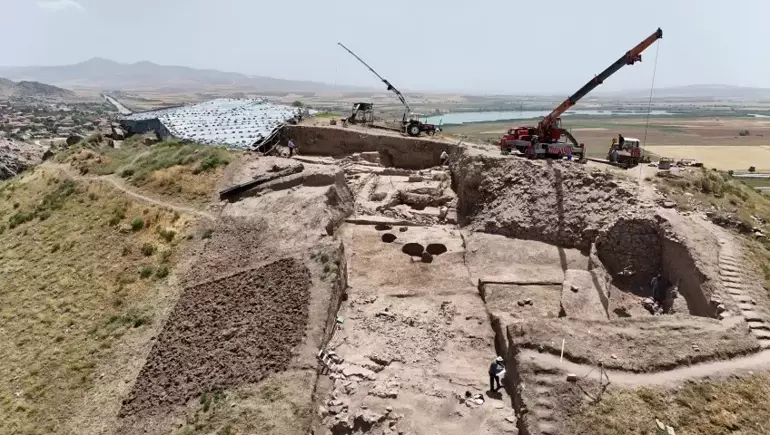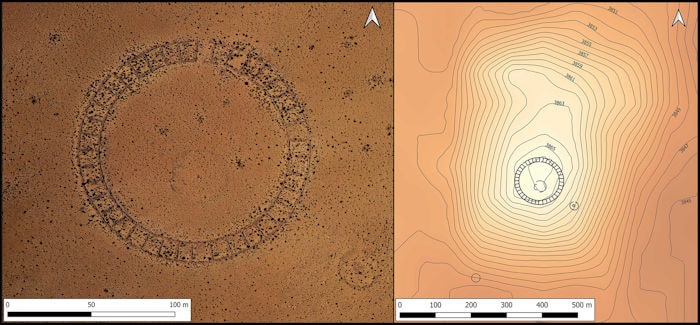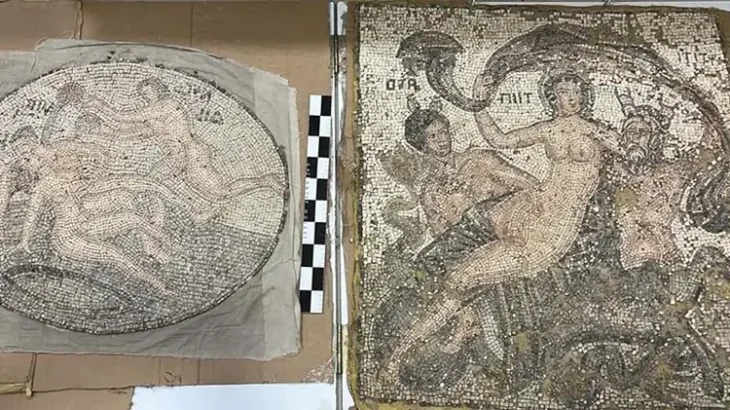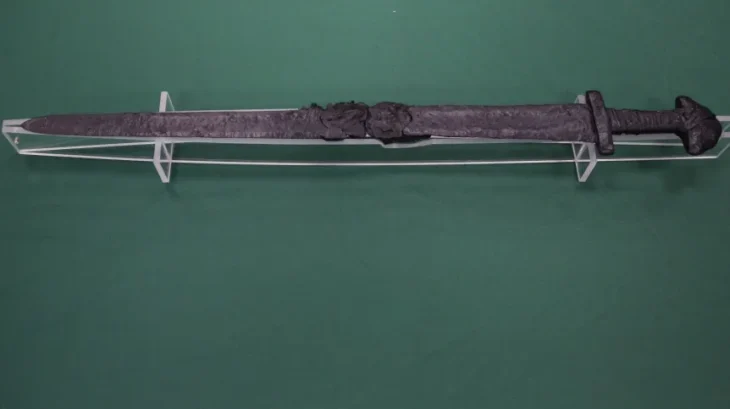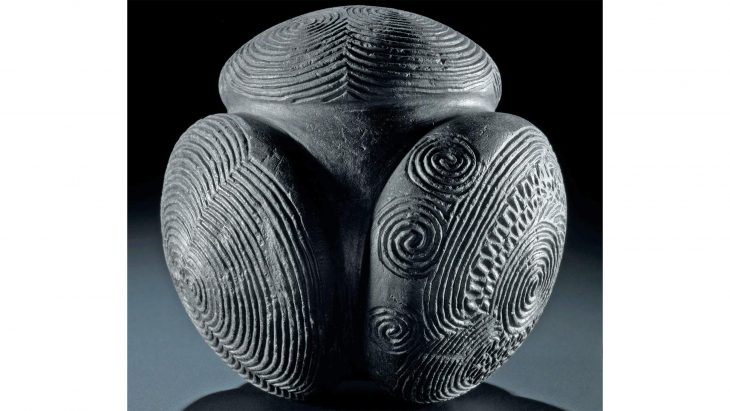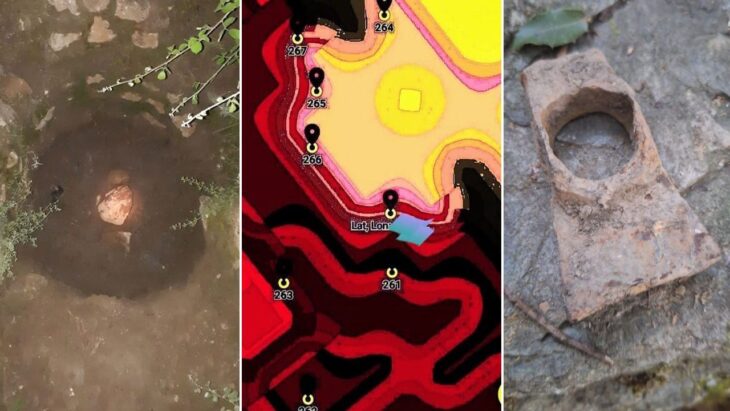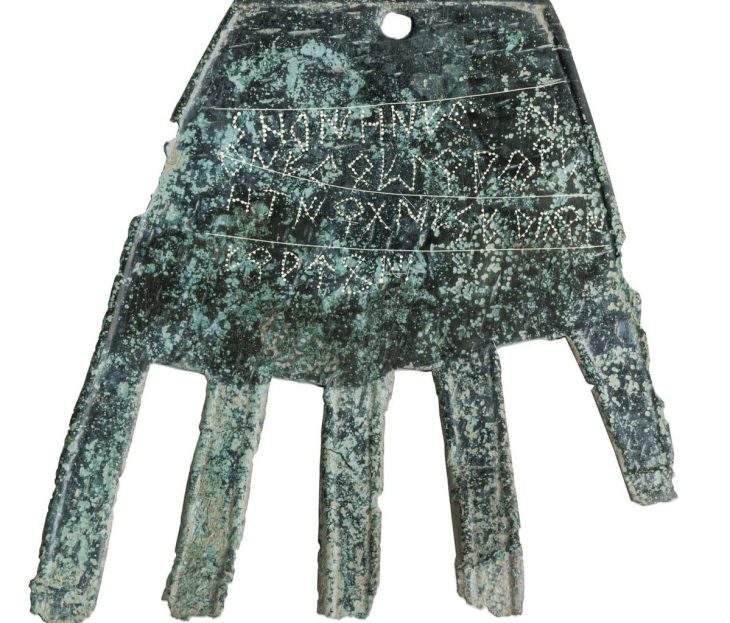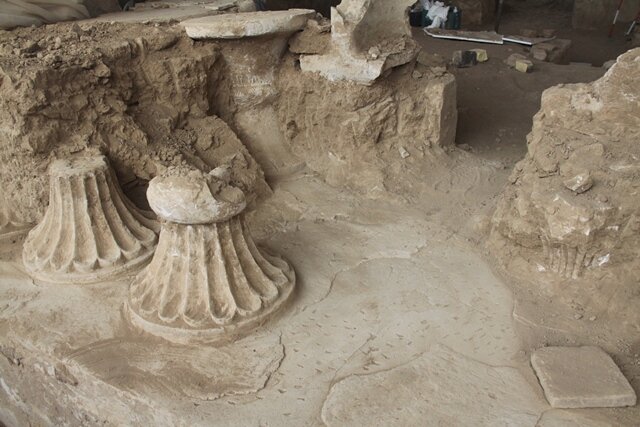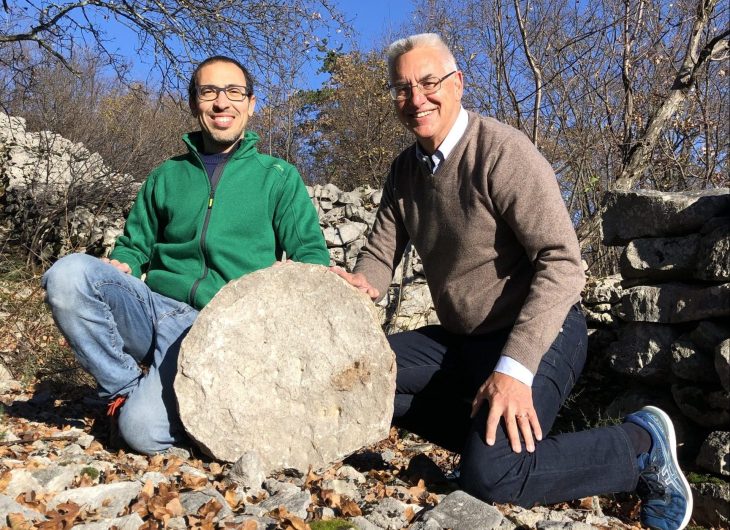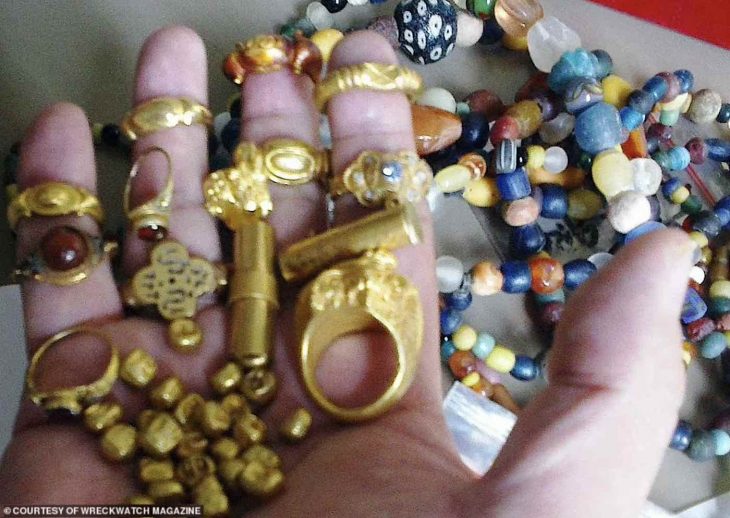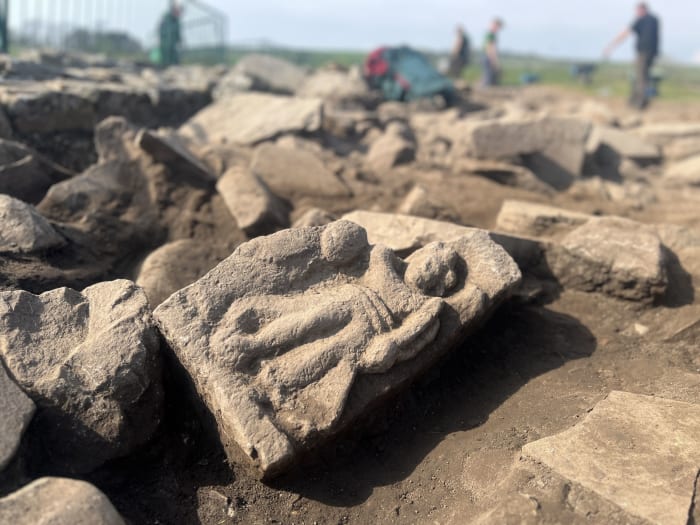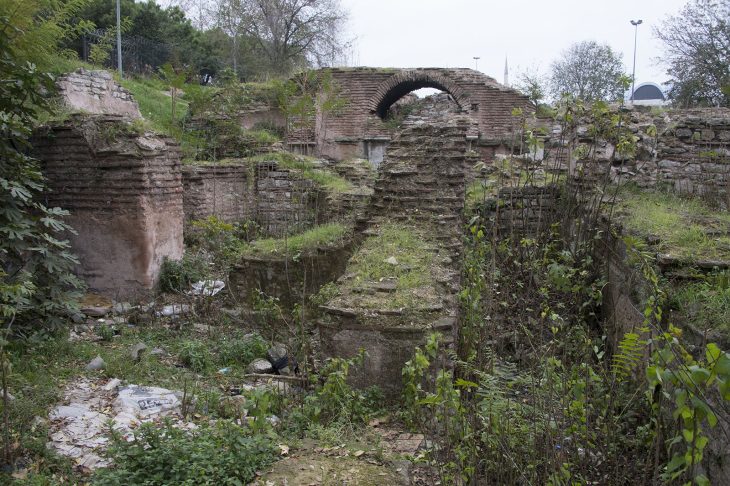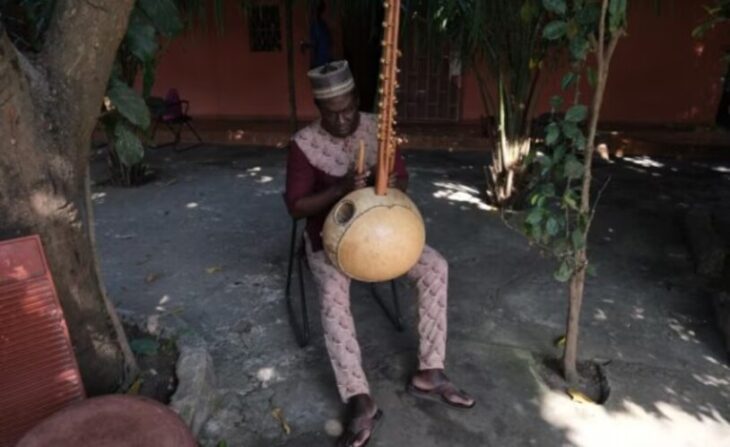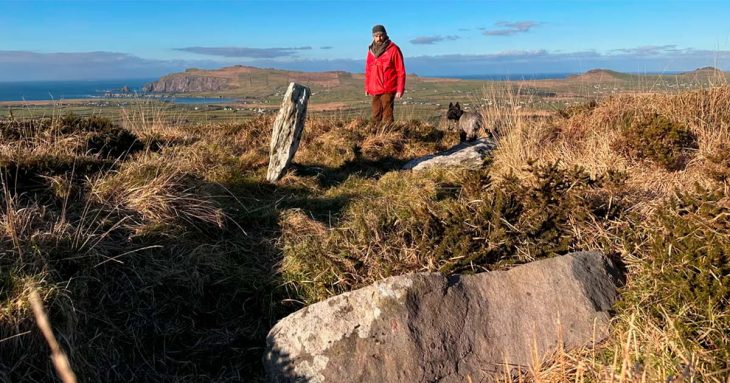During the excavations in Kırıkkale, a cuneiform seal used by the royal family during the Hittite Empire was unearthed. The inscription “Whoever breaks this will die” on the seal attracted attention.
About 100 kilometers from Türkiye’s capital, Ankara, Büklükale is situated where the Kızılırmak, the country’s longest river, crosses on the way to Kaman. This location has been a key transportation crossroads since ancient times, and Büklükale has controlled it. Archaeological excavations show that the city also played an active role during the Assyrian trade colonies. It is an important Hittite city center dating from the second half of the 2nd millennium BC.
In the Central Anatolian province of Kırıkkale, under the direction of Assoc. Prof. Dr. Kimiyoshi Matsumura, thousands of years of history have been unearthed in the excavations carried out for 14 years in Büklükale ruins.
In Büklükale, important historical remains were found in the excavation carried out by archaeologist Assoc. Prof. Dr. Kimiyoshi Matsumura and his team. The team found a cuneiform seal impression from the Hittite Empire period.
The examination of the cuneiform writing on the seal has been completed by experts. The seal includes the phrase “Whoever breaks this will die” and this phrase indicates that those who violate the agreements will be punished.
📣 Our WhatsApp channel is now LIVE! Stay up-to-date with the latest news and updates, just click here to follow us on WhatsApp and never miss a thing!!
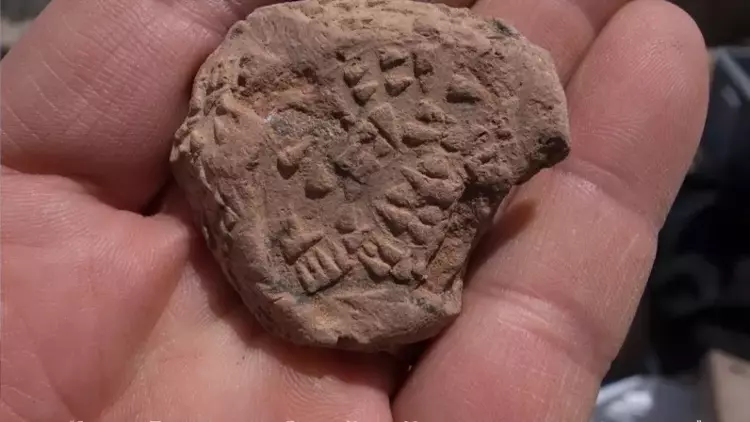
Since Hittite Laws generally prescribe fines or compensation instead of the death penalty or corporal punishment as sanctions for an offense, this seal is quite remarkable in terms of showing the importance of the agreement.
Kırşehir Ahi Evran University Archaeology Department Faculty Member and Head of Excavation Assoc. Prof. Dr. Kimiyoshi Matsumura stated that Büklükale was an important city during the Hittite Empire. Matsumura stated that this seal used by the king and queen was found during the excavations carried out last year.
Giving information about the seal, Matsumura said, “There is cuneiform writing on this seal. On the seal, the Great King Tabarna (Sovereign King) or Tavananna (Sovereign Queen) writes ‘Whoever breaks this will die’.”
“These seals were usually stamped on contracts, stating that if something was done against the contract, it would be penalized. The king and queen from Hattusa sent something here. This shows that this city was in intensive relations between Hattusa and the royal family,” he said.
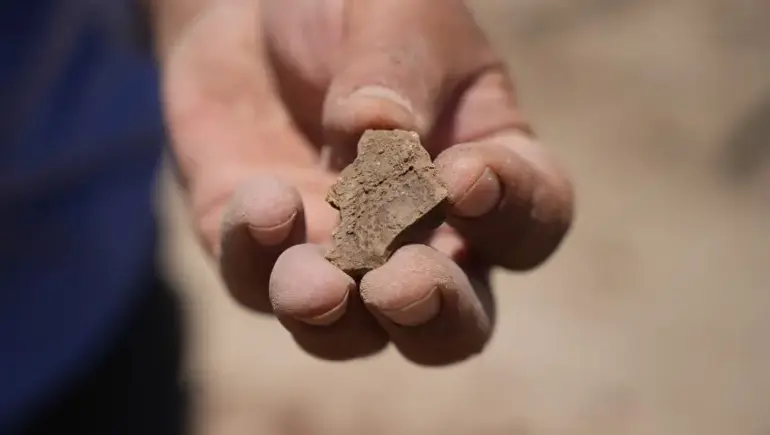
Matsumura said, “Hurrian tablets have recently been found in Büklükale. The discovery of Hurrian tablets shows that religious ceremonies were held here. It is known that these ceremonies were performed by the Hittite royal family, king or queen. In that respect, it is also thought that the Hittite king came here or resided here. All these show that Büklükale is an important city in the Hittite Empire.”
During this year’s excavations, another terracotta seal impression with motifs was found in several fragments. What the seal print means will become clear after an examination by experts.

